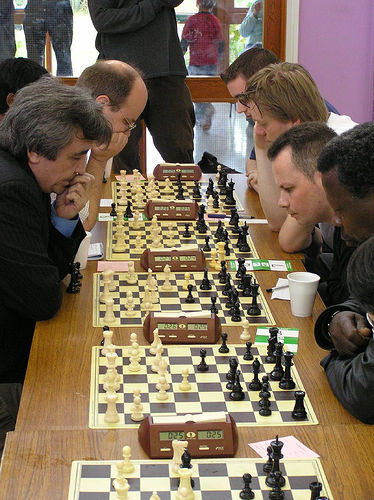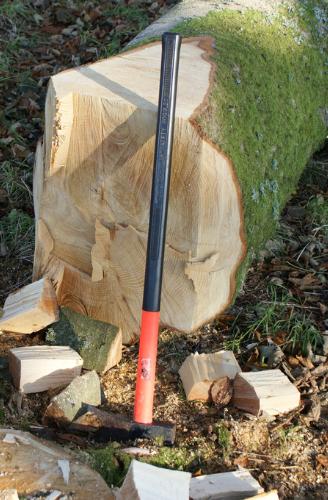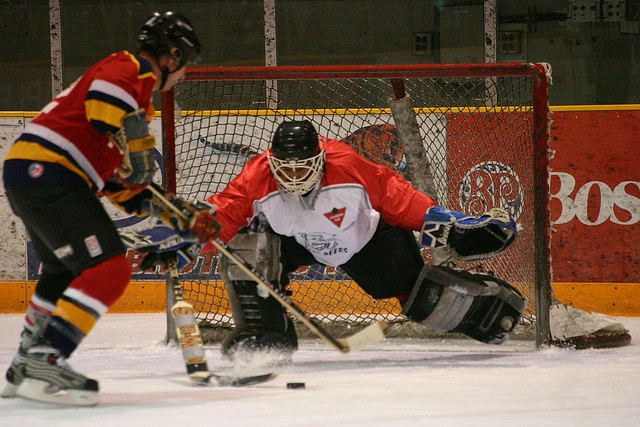A man should choose a friend who is better than himself. – Chinese Proverbs
 What does that mean?
What does that mean?
A person should try to improve themselves. That can be done in many ways, but this saying promotes finding a friend who is better than you are.
Better at what, you might ask. Better at whatever you are striving to improve in yourself. If your tennis game isn’t improving, make friends with someone who is better at tennis than you.
Why is self-improvement important?
Well, if you don’t do something to get better, what is going to happen? You aren’t too likely to spontaneously get better at something without putting in some effort. You could read a book, but this quote is about finding a friend to help you improve.
More precisely, this quote isn’t about how to find a friend, but why it is useful to do so. If you have a friend who is better than you at something you wish to improve, then you have a coach who can help you learn more easily that which they learned the hard way.
And why would you want to improve yourself? I don’t know about you, but I am nowhere near perfect (yet). There are so many ways I could stand to improve myself. I couldn’t even begin to list all the things I’d love to improve.
Where can I apply this in my life?
What aspects of your life are you most interested in improving? Would a friend who was better at it help you improve? Grab some paper and write down a few aspects of your life that you think could use some improvement.
If you want to get better at chess, you would do well to find a mentor or a teacher. Better yet, find a friend who is better than you at chess. Games will follow, and improvement will begin shortly after you start learning from your mistakes.
Take one of the items you listed on your list and take a few moments to brainstorm where you might find people with those talents. If you want to get better at art, perhaps you could cruise through galleries or art stores and strike up conversations.
If you want to find a person with mad chess skills, where would you look? Some cities have chess boards set up in parks, that might be a place to look. Check the internet for chess clubs in your area and stop by one and see if anyone there seems friendly.
For the truly adventurous, there is always places like Facebook (search for what you want and find a fan page, and then try to locate someone who is local) and CraigsList (you can find almost anything there, just be careful).
You can also go into ‘hunter’ mode. Know your prey – where would the kind of person you are looking for hang out? Are you more likely to find a chess master in a bar or a library? Are you more likely to find a Tennis Pro at a golf course or a Tennis club? If you use a little logic, you can at least narrow the field down a bit, right?
This saying can also be looked at in a moral sense. Try to find friends who are better than you in the skills that your society values. Someone who is more honest, more religious, more skilled at the national sport. Someone who has higher standards, greater compassion, better ethics.
This second interpretation is also worth considering when selecting any type of friends. It would probably be regrettable to find that your new chess buddy and mentor was also a thief. While you were learning from them, they were casing your house. That’s not going to end well, will it?
In life, you will have friends. Some are better at jokes, others are better at sports. You will learn from some and you will teach others. Remember, this friendship thing goes both ways. Try to be open to the needs of others and help them where you can.
From: Twitter, @AncientProverbs
confirmed at : http://roritop.posterous.com/a-man-should-choose-a-friend-who-is-better-th
Photo by JustABoy














